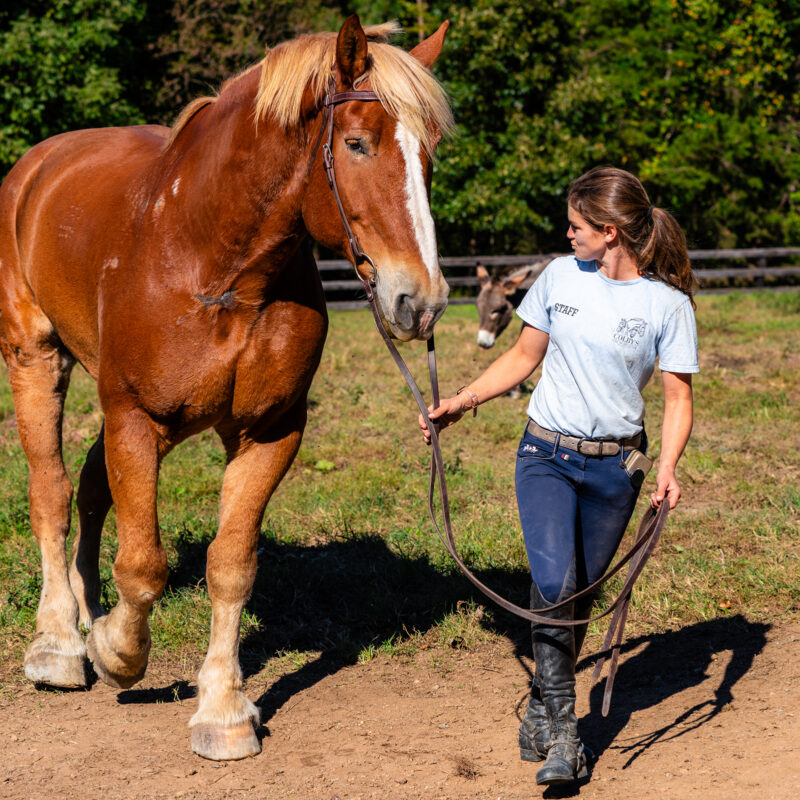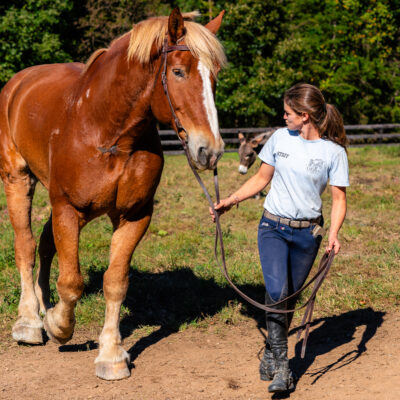As if making good wine isn’t hard enough under normal circumstances, throw in a tome of religious laws to follow and you may just say “oy vey” and grab a bottle of Manischewitz for your Passover seder. Fortunately for all but the overly nostalgic, drinking kosher wines no longer means catching a buzz off sweet concord grape juice wine. Made from the same vinifera grapes as fine wines, today’s kosher wines offer a level of quality and selection that will surprise you and your matzo ball soup.
/kosher_wine1.jpg) |
The Jews are thought to have the longest documented history with wine, and praise the grape above any other fruit because of its ability to ferment without man’s intervention. In Judaism, the blessing of a glass of wine (called Kiddush) marks the start of the Sabbath. As other religions began using wine during rituals, the Jews distinguished theirs by developing the tradition of kosher wine, which requires that a wine be made under rabbinical supervision and handled throughout vinification by a Sabbath-observant Jew. Any wine handled or served by a nonobserver would be unfit for sacramental use.
Realizing that wine wasn’t always for religious ceremonies, Jewish authorities approved a purification method that involved boiling the wine, making it mevushal (literally “cooked”) and thus able to be handled or consumed by the general public while still remaining kosher. The taste of boiled wine doesn’t exactly get a party going though, and one has to wonder whether sharing bad wine with gentiles was the Jews’ insurance against any interfaith coupling that might result from more lubricated affairs.
These days, mevushal wines undergo a kinder process called flash pasteurization. The wines are heated until a token bubble forms and then rapidly cooled to preserve their aromas and flavors. Kosher laws demand extreme sanitation with all equipment being cleaned three times with 190 degree water. All kosher wines must be fined and filtered (see Winespeak 101) without the use of animal products (no egg whites, gelatin or blood allowed) and wines for Passover can use only certain strains of yeast during fermentation and cannot come into contact with any leavened products. The Sabbath remains a day of rest, barring even the most critical of winemaking tasks. And, for Jewish-owned wineries, vineyards are required to be left dormant every seven years and to pour away 1 percent of all production in remembrance of the agricultural tithes given to priests at the time of the Temple in Jerusalem, according to kosher law.
So where, among all of these disincentives, is the incentive to produce kosher wine any better than Manischewitz? The viticultural promise of Israel’s Mediterranean climate received recent acclaim in the form of 90-plus scores from wine guy (and goy), Robert Parker. Other countries took on the challenge of producing (or rather, directing the Jewish winemakers to produce) a kosher wine as good as the secular stuff. Now, America, Argentina, Chile, Australia, New Zealand, France, Italy and Spain all produce perfectly pleasant kosher wines and even several Bordeaux-leading chateaux have added kosher wines to their lust-worthy line-ups.
Unless you’re sentimentally stuck on syrupy wine with your latkes, pick up a bottle of kosher wine from Market Street Wineshop Downtown. Faced with two dozen choices, from an Italian spumante to an Argentine Malbec, you’ll see that you’re not the only one who’s come a long way since your Bar Mitzvah. L’chaim!
Wine and taxes
You’ve filed your taxes and either reluctantly wrote a fat check, or are eagerly awaiting a fat check. Regardless of which side of the IRS you’re on, you deserve a drink. Here’s some wine-buying advice for both the undertaxed and the overtaxed.
Bubbly
Owe? Cristalino Cava Brut NV (Whole Foods, $8.99)
Refund? Vilmart Champagne Grand Cellier NV (Market Street Wineshop, $71.99)
White
Owe? Fat Bastard Sauvignon Blanc 2010 (Harris Teeter, $9.99)
Refund? Vacheron Sancerre 2010 (Market Street Wineshop, $29.99)
Rosé
Owe? Caves de l’Angevine Rosé d’Anjou 2010 (C’ville Market, $9.49)
Refund? Domaine Tempier Bandol Rosé 2009 (Tastings of Charlottesville, $49.95)
Red
Owe? Crucero Cabernet Sauvignon Colchagua Valley 2008 (Rio Hill Wine & Gourmet, $9.99)
Refund? Dominus Napanook Napa 2007 (Market Street Wineshop, $52.99)
Winespeak 101
Fining and filtering (v.): The process of removing particles (yeast cells, sediment, tannins) from a wine after fermentation to improve its aroma, clarity, flavor and stability. Some argue that this process strips the wine of its character.





